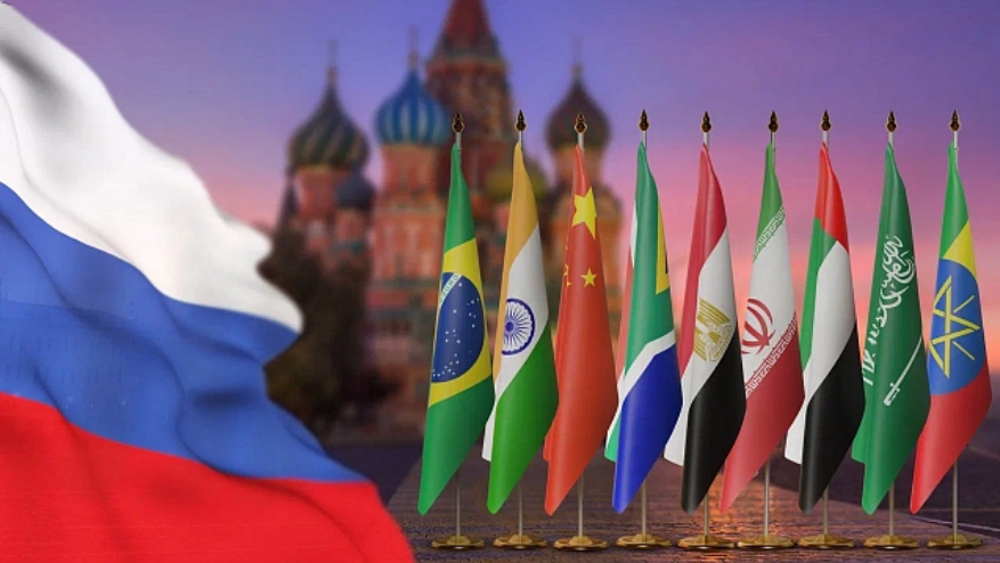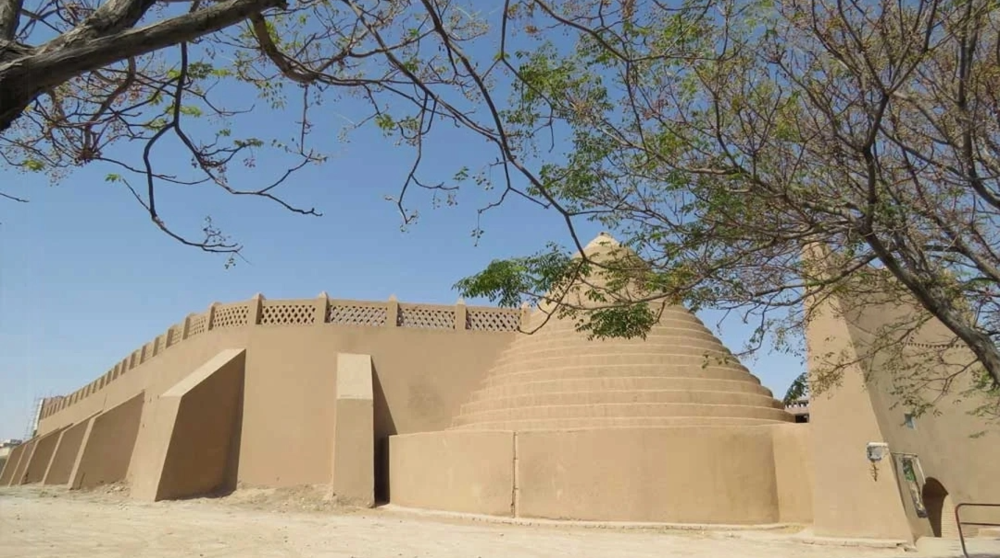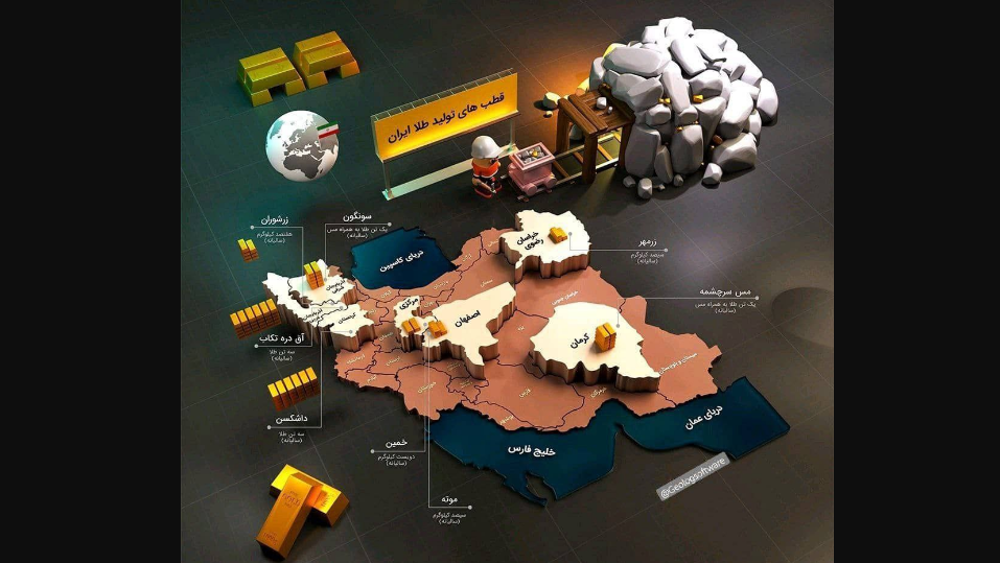On Iran’s first participation in BRICS summit as full member
The 16th summit of the BRICS nations officially has begun in Kazan, Russia where President Masoud Pezeshkian would meet with the presidents of Russia, China, India, Egypt and other countries with the aim of developing relations.
The summit is held under the motto of "Strengthening Multilateralism for Equitable Global Development and Security" with the participation of the members and about 30 other countries generally referred as the Global South.
The Kazan meeting has a fundamental difference compared to the previous sessions and that is the addition of Iran, the UAE, Egypt, Ethiopia and Saudi Arabia to Brazil, Russia, India, China and South Africa as the founders of the bloc, which gives new weight to this group of emerging economies.
Iran, which joined the group under the administration of late president Ebrahim Raeis, is participating as a full member for the first time, which is important for outlining the country’s approach to global issues and promoting regional diplomacy at the current critical juncture.
Iran's strategic position in the region has provided it with the opportunity to have an active presence in various global unions. BRICS is one of the important economic forums where Iran, in addition to strengthening bilateral relations with its members, can make the best of the group’s capacities to reinforce its economic foundation and political ground.
With the post-Cold War period over, the world is moving toward a new multipolar era already marked by the highest level of geopolitical tensions and major power competition in decades where new political and economic unions and blocs are forming to increase their influence and power.
Iran's presence in the Kazan meeting as a full BRICS member is set to promote its international position. A separate BRICS Plus summit of some 30 non-member countries represents the future of the international economic system and provides a platform for partnership with African, Latin American, Caribbean, and Asian countries.
This gives Iran an opportunity to pursue bilateral cooperation within the framework of the new emerging union and follow the issue of justice in international relations where the country has been under illegitimate sanctions for decades.
Since the Islamic Revolution in 1979, the United States along with European countries has adopted the most severe sanctions against Iran. Bilateral meetings in Kazan with the presidents of China, Russia and India can help strengthen economic exchanges and forge cooperation with other member countries, especially from Africa and Asia.
Currently, the dollar is not a currency, but an important weapon for the US to control the world and advance Washington's economic, political and security domination. Therefore, initiating and elevating trade and commercial exchanges in national currencies among the member countries can help a lot to reduce the value of the dollar.
In recent months, numerous meetings have been held among BRICS banking and economic officials, which can expand communication and transportation platforms among the member countries.
President Pezeshkian’s itinerary in Kazan would naturally include such important issues as the expansion of economic, commercial, corridor, regional relations and trade in national currencies.
One of the important features of the BRICS bloc is that it has two permanent members in the UN Security Council. Meanwhile, Russia and China together with Brazil, South Africa and India account for more than half of the world's population which allows for unique economic, political, security, commercial and other cooperation.
Transit corridors are key to economic development and growth. In recent years, the US has proposed to build a transit route from India to Europe through the UAE, Saudi Arabia, the Israeli occupied territories and Greece in order to bypass Iran.
However, Iran, with its sprawling rail, road and transit infrastructure, has always been the most viable bridge between Asia, Africa and Europe and a paramount player in international equations. Iran’s membership in BRICS will clearly safeguard and solidify this position.
As for de-dollarization, trade in national currencies by Iran and Russia in recent years can be applied to other BRICS members in order to stop the US from using the dollar as a weapon of sanction.
Netanyahu pushing to turn US into ‘slave state for Israel’s expansionist dreams’: Analyst
Iran’s security chief meets with Yemen's Ansarullah official in Oman
Mass shootings at school, home in Canada leave 10 dead, including shooter
Millions in streets across Iran for Islamic Revolution anniversary marches
#IR47: How Iran’s martyred commanders found faith, purpose and mission in Islamic Revolution
#IR47: Long walk to freedom - Imam Khomeini and the Iranian nation’s epoch-making moment
VIDEO | Tehran conference examines Islamic Revolution’s enduring role in shaping global resistance
VIDEO | Gazans say Israel seeks permanent military presence










 This makes it easy to access the Press TV website
This makes it easy to access the Press TV website